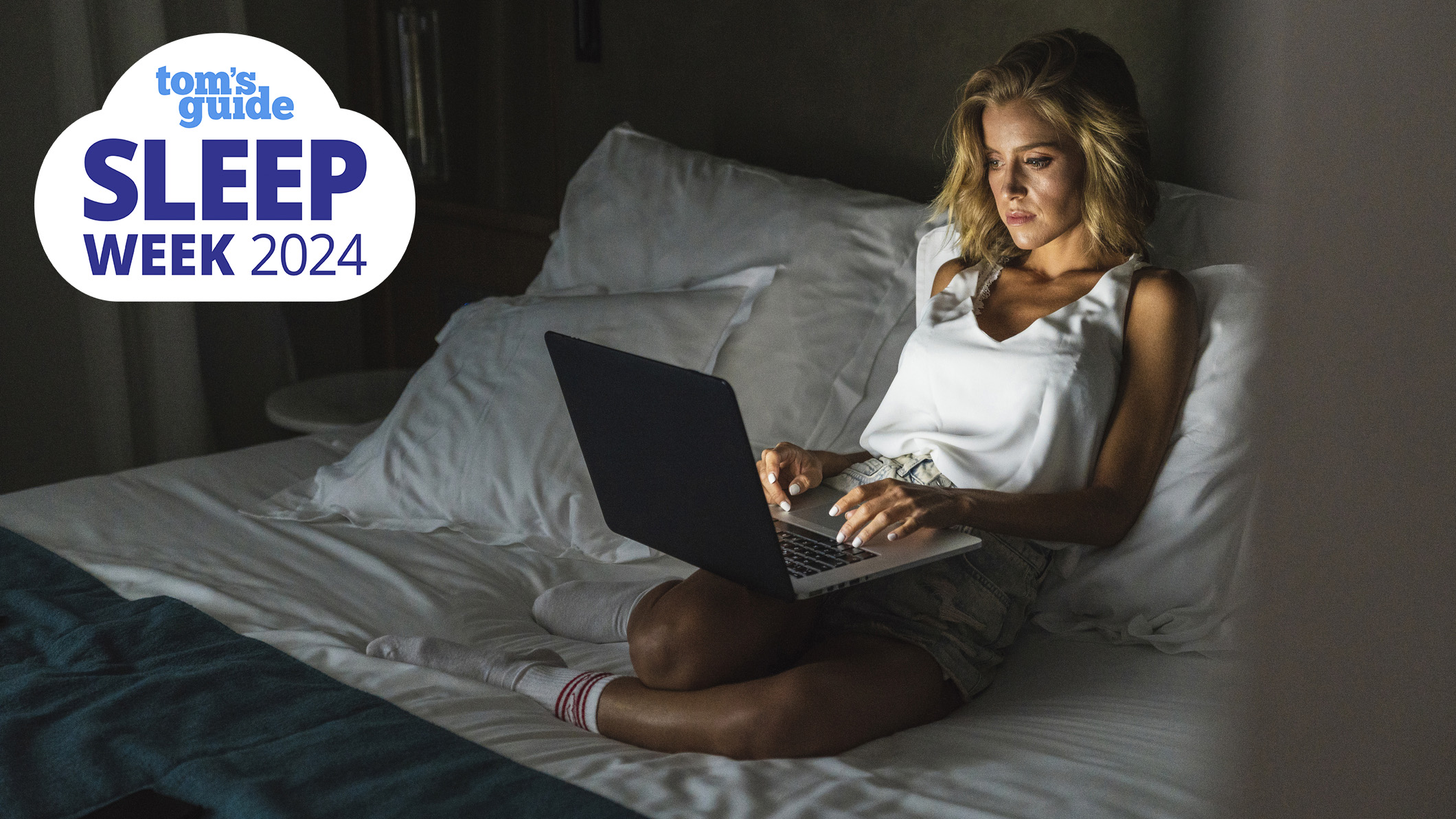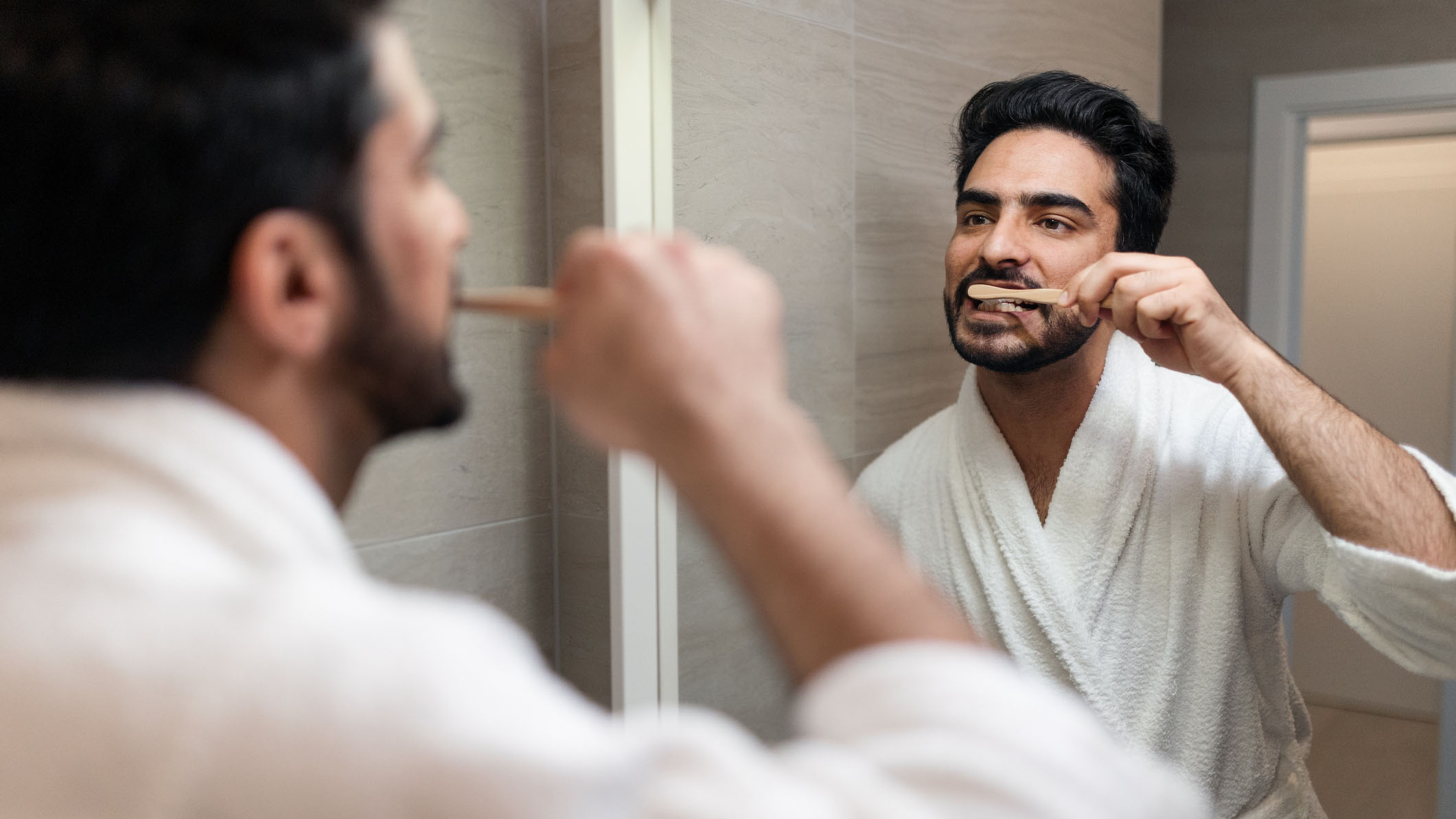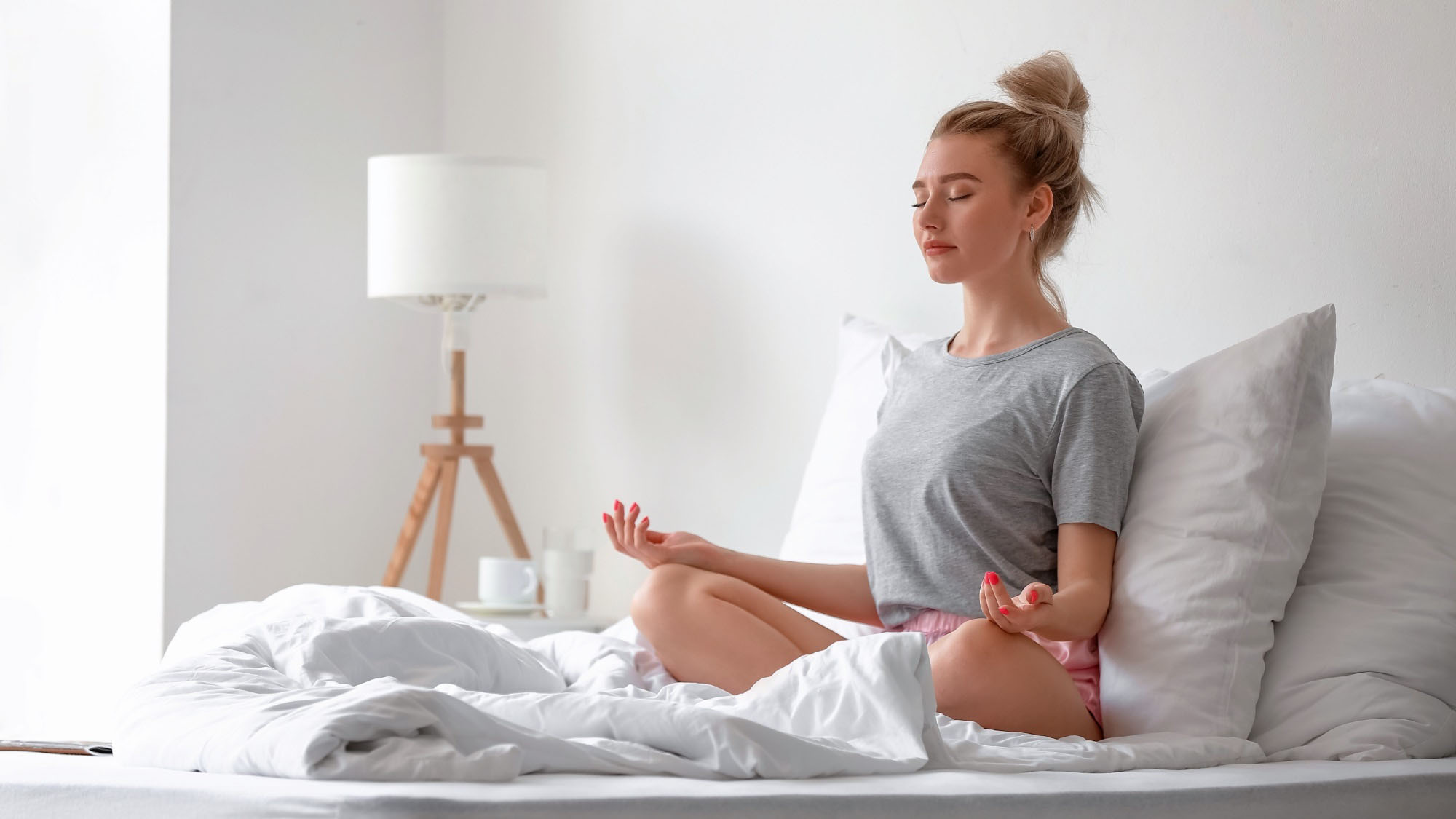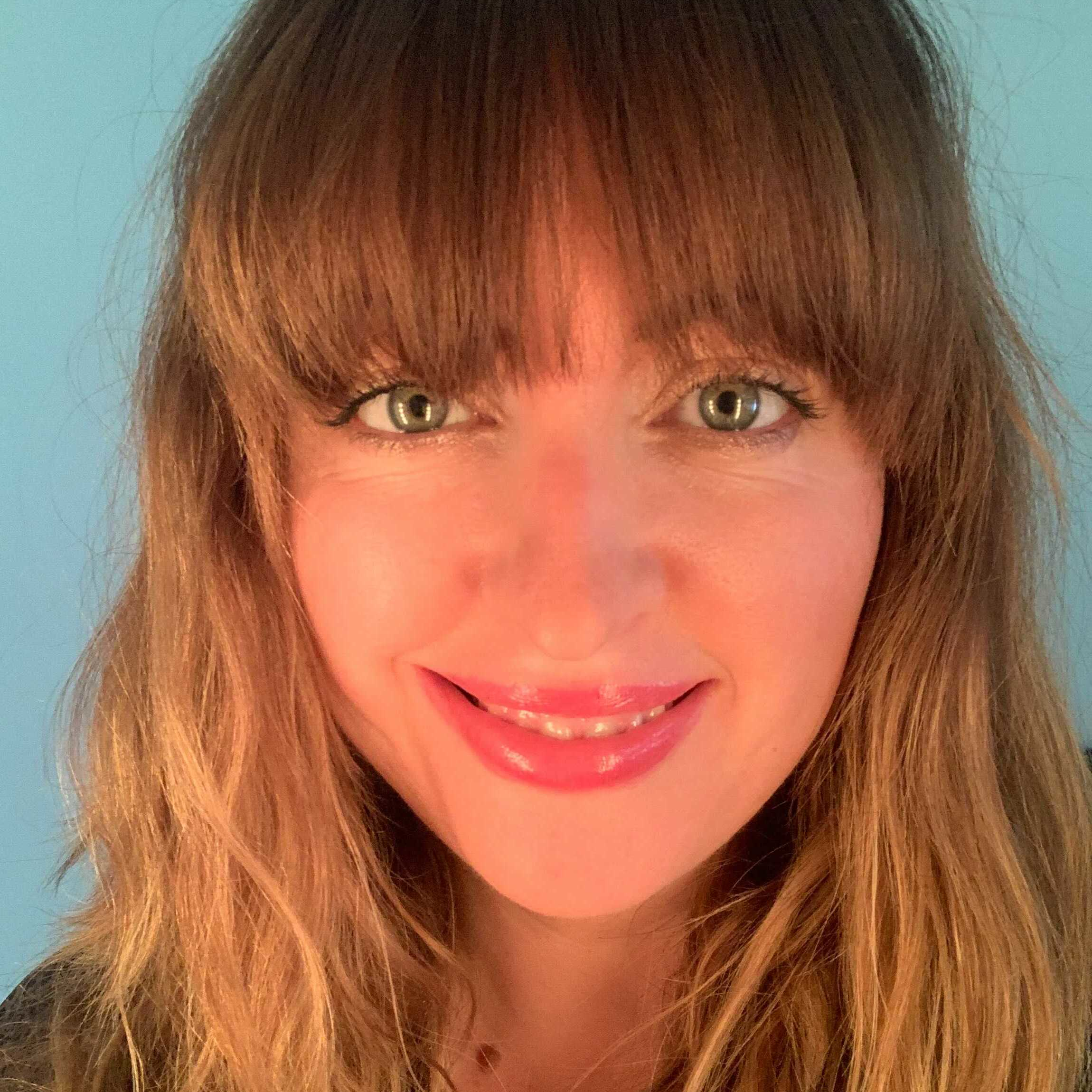I’m a sleep coach — 3 nighttime routine mistakes that stop you from falling asleep fast
Avoid these common nighttime routine mistakes if you want to fall asleep quickly and sleep through the night

A consistent nighttime routine is an important part of sleep hygiene, and while these routines don’t need to be long or complicated, there are some things you should do and things you should 100% avoid. In my work as a Certified Sleep Science Coach, I often see the same mistakes pop up that not only make it hard to fall asleep fast, but to sleep through the night too.
For Sleep Awareness Week 2024, I’m sharing the three biggest nighttime routine mistakes here so that you can avoid them. Instead, I’ll help you create a simple and relaxing bedtime routine to boost your chances of falling asleep fast and sleeping through the night.
I’ll also explain why your bedroom plays a big role in your quality of sleep (and how long you snooze for) too. Here’s what you need to know…
- Fall asleep fast — 3 breathing techniques that help me drift off easily
- This is the best time to go to bed for quality sleep, according to a sleep doctor
- I asked AI to curate the perfect nighttime routine — here’s how it compares to my advice as a sleep editor
- Sleep expert reveals her secret weapon for falling asleep fast— and you can do it in 15 minutes
Nectar Mattress: From $349 at Nectar Sleep
During Sleep Awareness Week, you can save up to 40% on a range of memory foam and hybrid mattresses at Nectar. We rate the Nectar Memory Foam as the best mattress for most sleepers with a smaller budget seeking a breathable and supportive all-foam bed to relieve pressure on joints, reducing aches and pains. A queen is now reduced to $649, with a lifetime warranty and a year's sleep trial.
What is a nighttime routine for sleep?
A nighttime routine for sleep means doing the same things each night to help train your brain to expect sleep soon. Otherwise known as a bedtime routine, these nightly positive sleep habits become more effective the more you practice them. After just 30 nights, your nighttime routine will be much more powerful and you'll find yourself falling asleep faster and faster when you climb into bed.
A nighttime routine doesn't have to be long or fancy – in fact, sleep doctors don't recommend a routine that lasts longer than an hour (at the very maximum), otherwise you may risk developing sleep anxiety because so much of your late evening is focused on preparing to sleep. A simple and relaxing 30-minute routine is ideal for most people.
3 nighttime routine mistakes that stop you from falling asleep fast
1. You don’t get your bedroom ready for sleep
Did you know that your bedroom needs a mini wind-down routine too? This is vital if your bedroom doubles as your home office, gym or TV room. The best bedroom environment for sleeping is cool, dark, quiet and clean.
If your bedroom is covered in clutter, the lights are starkly bright and there’s a TV or laptop screen blaring away until you want to shut your eyes for sleep, you’re not going to feel as though you’re in a space where you can relax and fall asleep fast.
Get instant access to breaking news, the hottest reviews, great deals and helpful tips.
Prepare your bedroom at the start of your nighttime routine. Dim the lights, turn back the covers and switch off devices that emit a blue light. (Blue light is known to disrupt melatonin, the sleepy hormone). Now finish the rest of your nighttime routine, knowing your bedroom is a calm space ready for sleep when you return.

2. You get ready for bed after feeling drowsy
One of the biggest nighttime routine mistakes I see people make is getting themselves all nice and drowsy to fall asleep fast, and then they start shutting down the house for the night before getting dressed into their pyjamas, washing their face and brushing their teeth.
This is a huge mistake because by the time all of that is completed, you’ll have woken yourself up again and it will take you longer to fall asleep once you’re in bed.
Instead, my advice is to secure your home for the night and do all of your pre-bedtime personal care at the start of your nighttime routine. That way, when you start to feel very drowsy, you can simply get into bed, close your eyes and fall asleep.
3. You don’t purge your brain before sleep
I’m speaking from personal experience with this one too, as my ability to fall asleep fast and to sleep through the night is affected by how busy my brain is once I’m in bed. A lot of people I’ve spoken to about their nighttime routines confess the same, and that the first 20 minutes or so of being in bed is spent ruminating on the day and what’s going on tomorrow.
Purge all of those worries, thoughts and to-do lists well ahead of bedtime by writing them down, either in a journal or in a note on your phone. That way, all of that ‘noise’ will be out of your brain by the time your head hits the pillow so it won’t keep you awake all night.
How to create a nighttime routine for sleep: Top tips
As I mentioned earlier, you only need around 30 to 40 minutes for a powerful nighttime routine for sleep. This will give you enough time to get your home and yourself ready for sleep without the routine taking over your entire night. Here are my top tips for creating a good nighttime routine for sleep...

- Ditch blue emitting tech an hour before bed
- Start your routine at the same time each night
- Begin by securing your home for the night so you feel safe
- Next, get your bedroom ready for sleep – dim the lights and reduce noise
- Have a warm shower to lower your core temperature, making it easier to fall asleep
- Brush your teeth and get dressed for bed
- Now spend 10-20 minutes engaged in relaxing activities such as reading or a guided sleep meditation
- Don't check your phone after starting your nighttime routine
If you need some more inspiration, take a look at some celebrity nighttime tips like Rory McIlroy's bedtime routine.
Is it possible to sleep through the night?
We all wake up periodically through the night because our sleep cycles are designed to include very fleeting wakings before we go into a new sleep cycle. In healthy sleep, wakings between sleep cycles are so fast that most of us don’t even notice them. So we simply assume that we’ve slept through the night. However, a good bedtime routine can help if you're wondering how to sleep for longer.
Young people usually experience less of them, while older people may be more aware of them happening. Natural wakings aside, other factors can influence your ability to sleep through the night. These include health issues such as Nocturia (a frequent need to pee during the night), stress and anxiety, plus environmental factors including noisy neighbours or street noise, and light pollution in your bedroom.
How long should it take to fall asleep?
Most healthy people take around 20 minutes or less to fall asleep. Some health conditions and medications can make it harder to drop off, as can certain environmental factors such as noise and light pollution. A restless bed partner can also make it harder for you to fall asleep easily and quickly, which is why so many people are considering sleep divorce.
Having a consistent nighttime routine will make it easier for you to fall asleep, but if you’re still struggling to drop off even with that in place, it could be time to speak to a doctor or sleep specialist.

Claire is a Certified Sleep Science Coach and the Managing Editor of Sleep at Tom's Guide. She curates our mattress guides and oversees our rigorous mattress testing procedures. Claire has over 16 years' product review experience and is connected to a wealth of globally renowned sleep experts including mattress designers and buyers, neuroscientists, and doctors of sleep medicine. As the Managing Editor of our Sleep and Mattress Team, Claire is responsible for all mattress and sleep content published on Tom’s Guide and is our expert on Saatva, DreamCloud, and Nectar mattresses. Claire is also certified to advise people on how to choose a mattress that suits their needs and budget, as well as helping them to create a nighttime routine and bedroom environment that helps them sleep better.
 Club Benefits
Club Benefits






